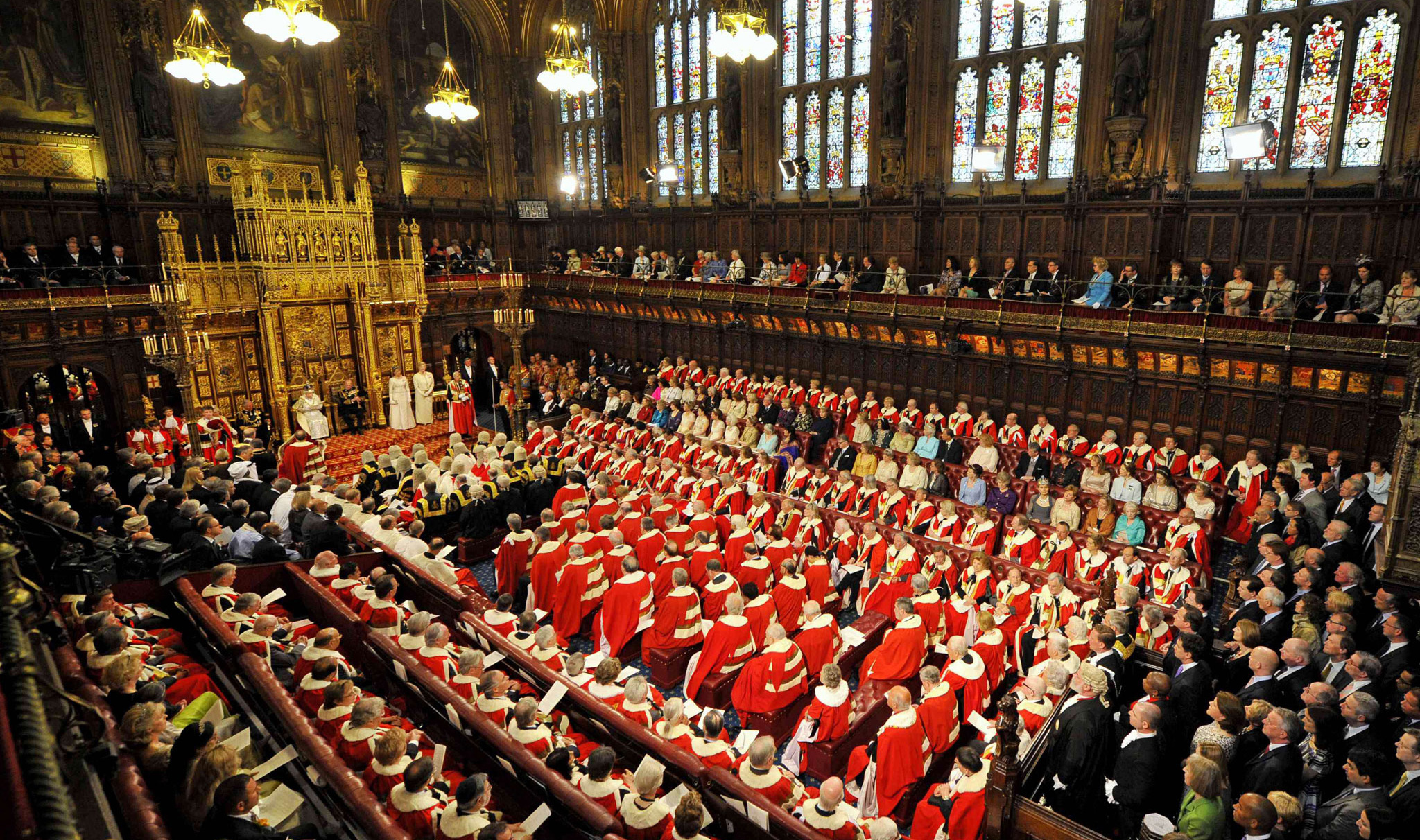The House of Lords (HoL) debated whether it is or is not undemocratic to amend the Article 50 bill. The HoL is a revising chamber, which plays an important role in scrutinising, checking and challenging the work of the House of Commons. Prime Minister Theresa May took the unprecedented step of listening to the Lords sitting on the steps of the Queen’s throne. As a privy counsellor and advisor to the sovereign, May exercised her right to be present. Sceptics claimed this was intimidation so the Lords did not impede her Brexit schedule, but the reality is it shows that leaving the EU is the single most important decision made in peacetime for UK since 1922, when Northern Ireland and Ireland separated; the PM is entitled to hear mostly Labour and Liberal Democrat Peers argue for amendments. The Bill will receive its approval (or not) on 7 March. Theoretically, May could formally trigger Article 50 at the European Council meeting in Brussels on 9-10 March.
Meanwhile, as if UK were governed by petition, another has been placed on the Parliament Petitions website, calling to “Replace the unelected House of Lords with a publicly elected body”. The government has responded succinctly that comprehensive reform of the Lords is not a priority, but its size should be addressed. Nominations from a wide range of backgrounds are vetted for propriety by an independent advisory public body. The government annually publishes the cost of the HoL and since 2010, the cost of running the HoL has fallen in real terms by 14%.
Simultaneously, the House of Commons debated President Trump’s State visit to UK as a response to two petitions, for and against. Neither petition denied President Trump of the ability to speak freely, only the privilege of a State visit was in question. The debate went along expected lines, it was only minutes before petulant child, blackmail, scientific ignorance and misogynist came to the fore and the more abusive attributes followed later, specifically, from the Scottish National Party, who just last year had welcomed Trump to Scotland.
Conservatives Jacob Rees Mogg, Adam Holloway, Sir Edward Leigh, Martin Vickers and particularly Nigel Evans, Julian Lewis and Crispin Blunt remained level headed and even handed challenging the opprobrious anti-Trump opinions.
The Minister for Europe and the Americas, Sir Alan Duncan said “the state visit is a uniquely British construct. No other country is able to offer one in quite the same way…they are also our most important diplomatic tool…recommendations for state visits are made on the advice of the Government through the Royal Visits Committee, not by Parliament. The special relationship transcends political parties on both sides of the Atlantic and it is bigger than individual personalities. It is about the security
As Anne Main, MP, pointed out, the debate was a disappointing exercise in “megaphone diplomacy” largely from left-wing MPs against Trump’s travel executive order.
Meanwhile, in a byelection, the Labour Party gave away the Copeland seat to the first Conservative MP since 1935 — a remarkable victory all the more sweet as the Tory Party is now the first governing party to gain a seat from the opposition in a bylection since 1982. Labour retained their seat in Stoke-on-Trent by a healthy majority, despite a challenge from UKIP. The UKIP presence watered down the Tory vote. The Conservatives have extended their poll lead over Labour by 18 points. Now that the stars seem to be aligned in May’s favour perhaps it is not improper to suppose a May election is on the cards.

